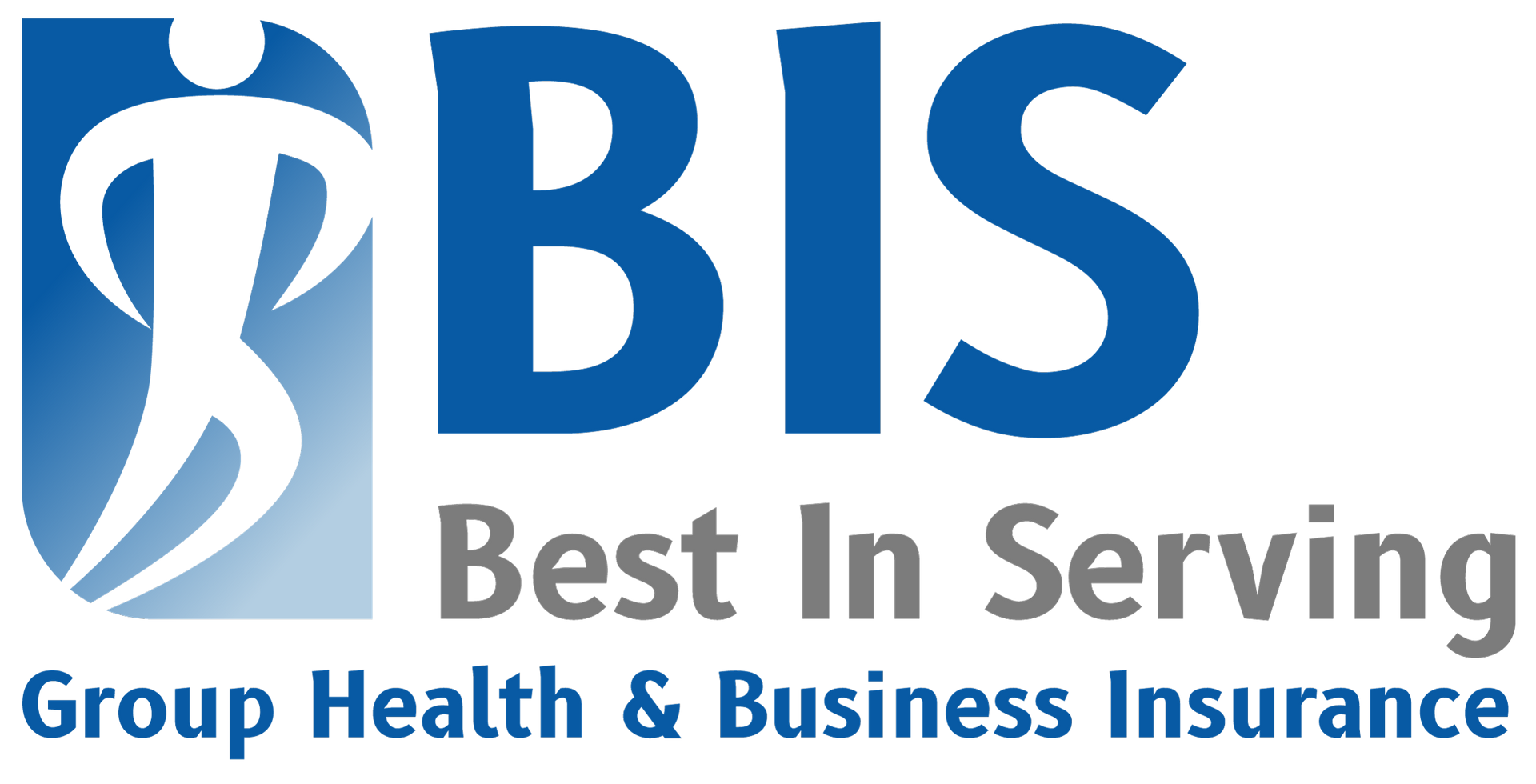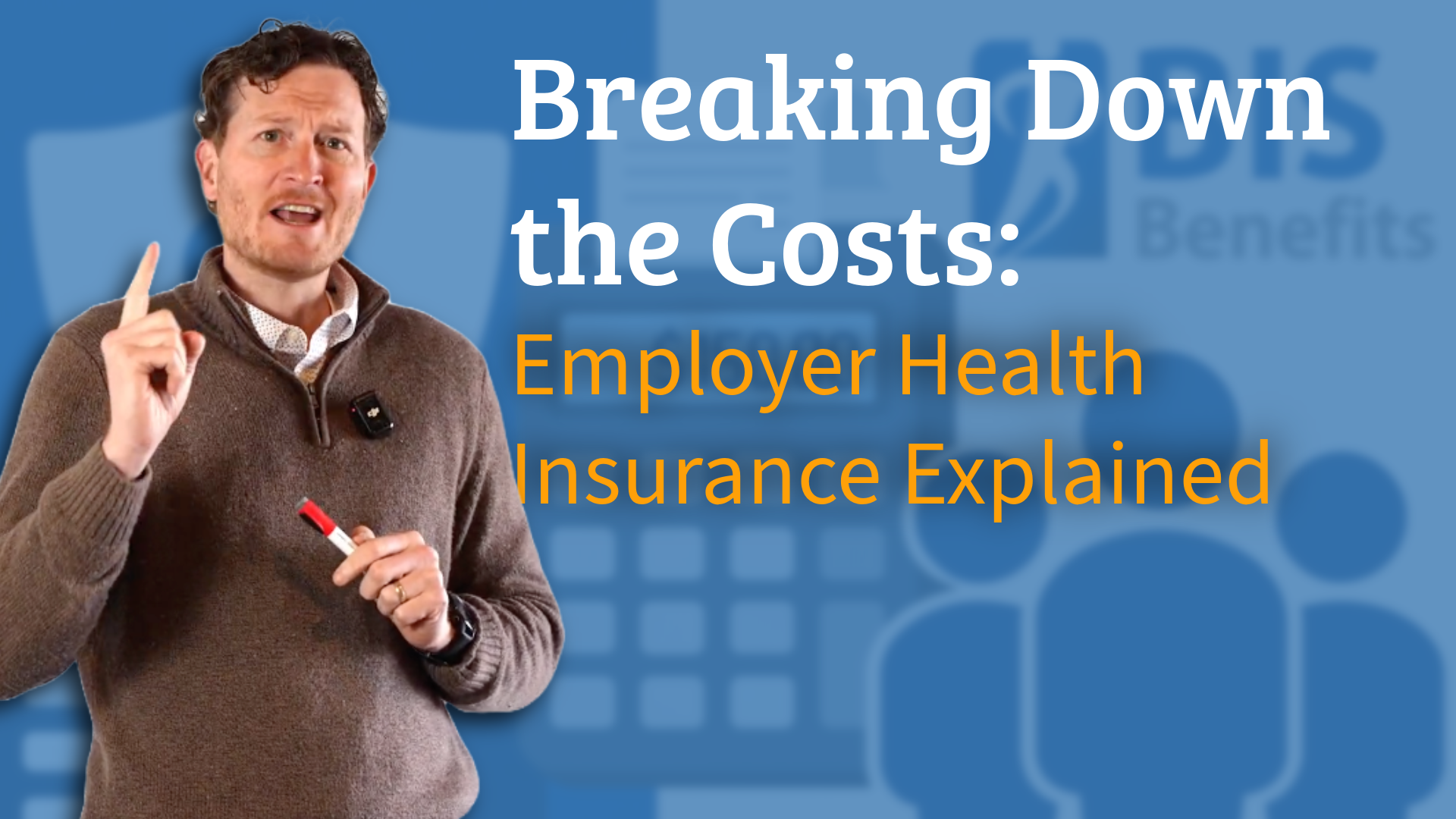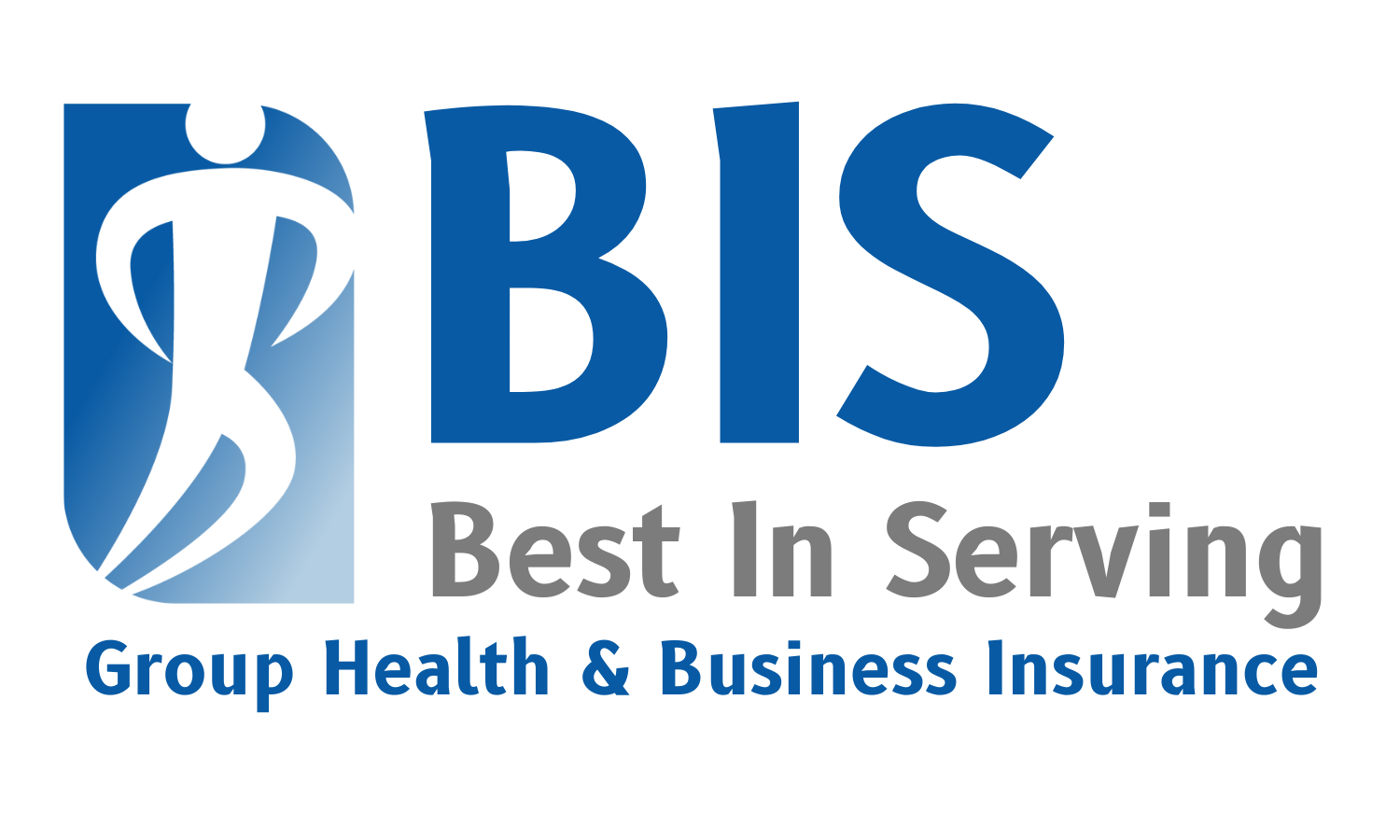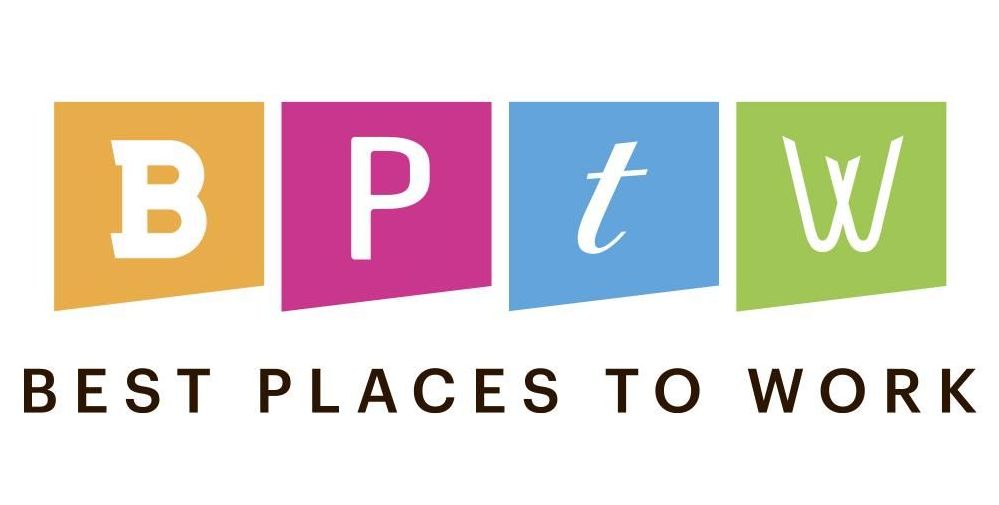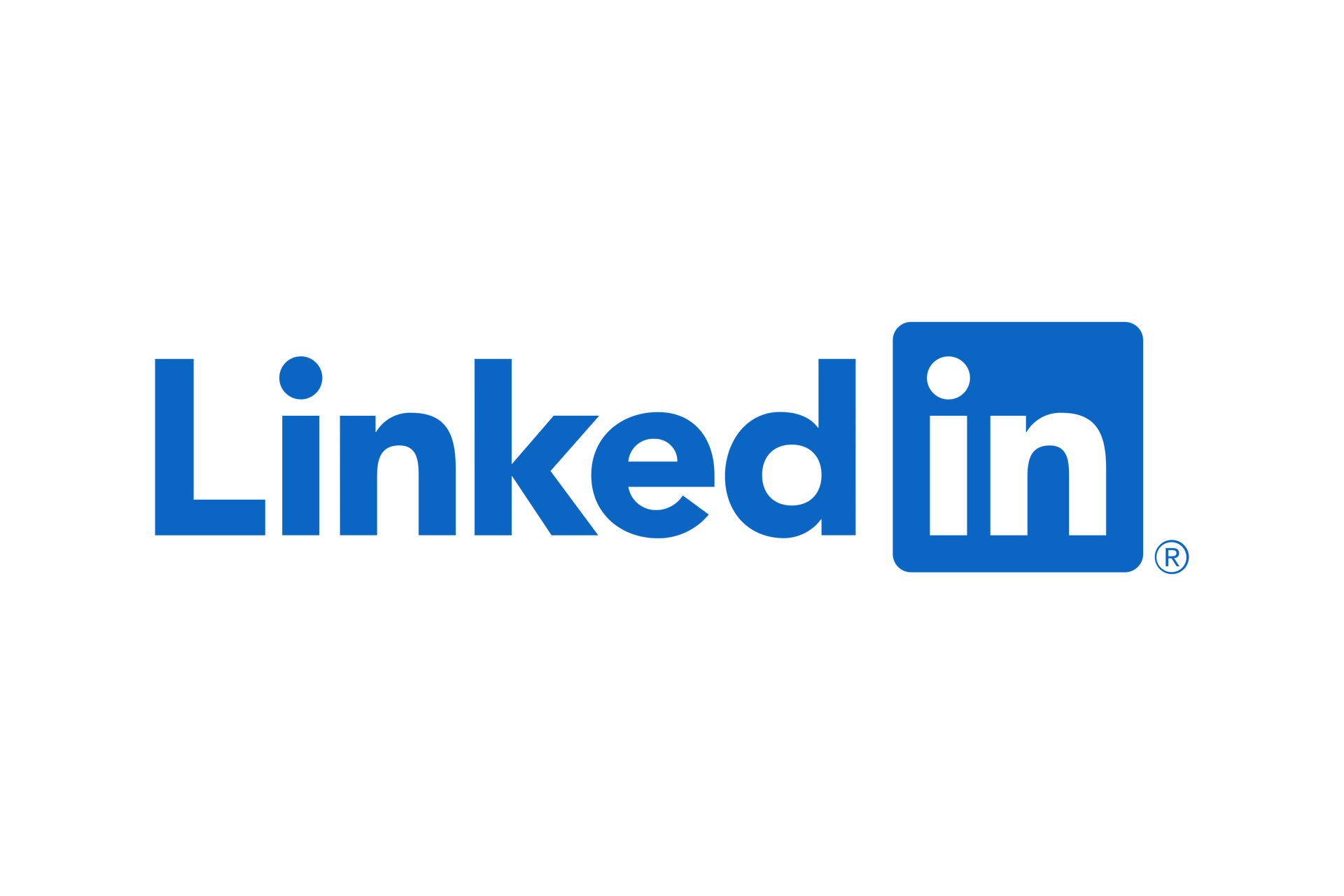FSA vs HSA | Which One is Best for your Georgia Employees?
Use It or Lose It? Demystifying FSAs and HSAs
Health Savings Accounts (HSAs) and Flexible Spending Accounts (FSAs) are popular options for managing healthcare expenses while enjoying some tax benefits. However, these two accounts differ significantly in how unused funds are handled at the end of the year. This difference can impact your financial planning and overall healthcare strategy. In this article, we'll delve into the "use it or lose it" concept, explore how it applies to FSAs, and compare it with HSAs, highlighting why it's important to understand these rules when making your benefits choices.
For more information on HSAs and FSAs, watch the full episode of the BIS Podcast here or below.
FSAs and the "Use It or Lose It" Rule
FSAs have traditionally been governed by a "use it or lose it" rule. This means that any unspent funds in your account at the end of the year would be forfeited. This requirement made it crucial for employees to accurately estimate their healthcare costs and spend all allocated FSA funds before the year ended. However, since the introduction of the Affordable Care Act (ACA), things have changed. Today, many employers offer more flexibility with FSAs.
Thanks to the ACA, employers may now allow employees to carry over a limited amount of unspent funds from one year to the next—originally $500, now adjusted for inflation to about $650. Alternatively, some employers may offer a grace period of up to two and a half months after the end of the plan year to use any remaining funds. It’s important to know what rules apply to your FSA so that you don’t leave any money on the table. To learn more about maximizing your benefits options, check out our guide on employee benefits strategy.
HSAs: A Different Story
Unlike FSAs, HSAs do not follow the "use it or lose it" rule. Funds contributed to an HSA remain in the account year after year, regardless of whether or not you use them. This is one of the key benefits of an HSA—you can build up savings over time to cover future medical expenses. Plus, the funds in an HSA are portable, meaning you take them with you if you change jobs or retire. This makes HSAs a valuable tool for long-term healthcare planning.
If you're considering switching to a High Deductible Health Plan (HDHP) to become eligible for an HSA, it’s important to weigh the pros and cons. For more information about HDHPs and their compatibility with HSAs, check out our Health Savings Account service page.
Making the Most of FSAs and HSAs
Whether you choose an FSA or an HSA, it’s important to understand how to make the most of these accounts. For FSAs, knowing your employer's specific rules about rollover and grace periods can help you avoid losing funds. For HSAs, the focus should be on maximizing contributions, as the funds will continue to grow tax-free, providing a cushion for future medical needs.
Both FSAs and HSAs can be used for a wide range of eligible expenses, including medical, dental, and vision care. If you want a comprehensive overview of your coverage options, our group health insurance page is a great resource.
Additionally, if you work in a specialized industry like construction or technology, it's beneficial to explore options that are tailored to your needs. Industries like construction and technology have unique challenges that may impact the type of coverage you choose, including how you use tax-advantaged accounts like FSAs and HSAs.
Key Takeaways About FSAs, HSAs, and the "Use It Or Lose It" Rule:
- FSAs: Historically governed by a "use it or lose it" rule, thanks to the ACA, employers may now allow employees to carry over a limited amount of unspent funds from one year to the next—originally $500, now adjusted for inflation to about $650. Be sure to understand your employer's policies.
- HSAs: Funds roll over year after year and are portable. HSAs offer significant long-term savings opportunities, particularly for those on HDHPs.
- Plan Carefully: Knowing how these accounts work can save you money and help you better prepare for healthcare costs now and in the future.
To get more insights into how you can make the most of your employee benefits, visit our resources page and discover helpful tools to make informed decisions for yourself and your family.
